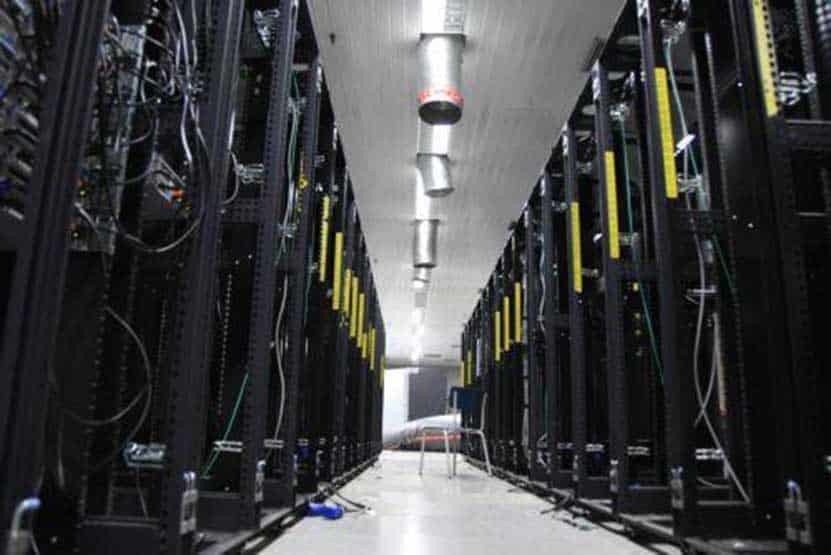Government services were back online on Tuesday evening after shutting down throughout the day, following a flooding incident in the room they are hosted in on Monday evening.
The government on Tuesday ordered an investigation after the outage, with deputy ministry for Research, Innovation and Digital Policy apologising to the public for any inconvenience caused, after all the websites of ministries and governmental departments went down.
It’s understood the incident occurred around 6.30pm on Monday. Technicians switched off the machines after a broken pump and a water tank leak in the basement of the ministry of finance adjacent to the server room.
Government websites and emails were not working until Tuesday night, when the servers were successfully restarted.
The finance ministry’s permanent secretary Giorgos Panteli told state broadcaster Cybc that technicians had dried the servers and were in the process of examining the extent of the damage.
The deputy ministry said it has ordered an investigation into why the government server hub had not been earlier relocated from the finance ministry to the premises of the Cyprus Telecommunications Authority, per a November 2022 decision by the cabinet, under the previous administration.
“An important part of the damage is being gradually restored. Unfortunately, the systems had been placed inside the building of the finance ministry, in a way that left them exposed to a possible accident.”
The probe will also look into why no additional protective measures were taken in the meantime at the hub’s current premises.
Speaking on CyBC radio’s morning programme, government spokesman Konstantinos Letymbiotis assured the public that there was no risk of data loss from the incident.
For his part, Panteli said that the government central phone system, which had also been disconnected, was back up.
He hoped the issue would be sorted out in a matter of days.
Panteli had earlier told the Cyprus News Agency that efforts to repair damages and reconnect the central servers had gone on late into Monday night.
“For safety reasons [the servers] have been disconnected to repair the damage and remove any moisture,” Pantelis said, adding that this was being done as quickly as possible.
Public and government agencies will have no access to the internet until the damage is repaired.
Asked for a time estimate, Panteli noted that it is very difficult to assess when the systems will be restored. The possibly affected servers will need to be assessed for damage, something experts cannot do until the system is restarted.
Letymbiotis said dehumidifiers had been placed inside the room, to speed up the drying up of the servers so that they could be switched back on as soon as possible.
Once that happened, an initial assessment would take place of any damage.
“Alternatives are being looked into, as to whether we can secure other machines that could operate in parallel. The positive thing is that from the initial briefing we have had, no data loss has occurred, so once the servers come back online the websites and government emails will be able to operate gradually.”
Earlier in the day, deputy minister Philippos Hadjizacharias was called to the palace by President Nikos Christodoulides.
On this, the spokesman said the president had wanted a briefing on the situation. He said Hadjizacharias had already been to the server hub twice to see for himself.
Responding to another question, Letymbiotis said the issue with the servers “is something that troubles us, especially at a time when the provision of digital services should be a given.”
Meantime opposition party Akel slammed authorities for the oversight, injecting a dose of sarcasm.
In a short statement titled ‘Digital transition is leaky’ – a play on words alluding to the water leak – the party said the incident comes in the wake of the recent wave of cyber attacks on government departments.
“It is obvious that the digital transition of the country, advertised for years by the previous government, is literally leaky, given that elementary issues relating to infrastructure and cyber-security remain unresolved.”







Click here to change your cookie preferences